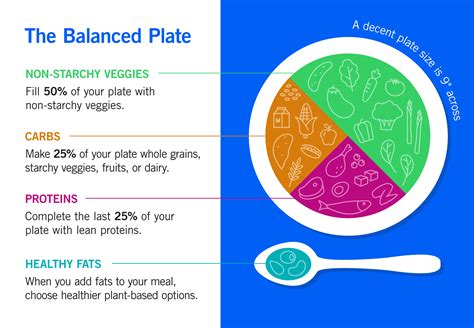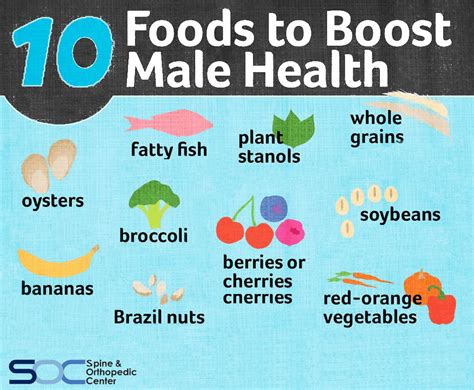Best diet to naturally optimize male hormone levels?

Understanding Male Hormones and Diet’s Role
Male hormones, predominantly testosterone, play a crucial role in various bodily functions, including muscle growth, bone density, mood regulation, and libido. While age naturally brings a decline in these levels, diet stands as one of the most powerful and natural tools to maintain optimal hormonal balance. A well-structured eating plan can provide the necessary building blocks and regulatory compounds to support healthy hormone production and function.

Essential Nutrients for Hormone Optimization
1. Healthy Fats are Your Friends
Contrary to popular belief, fats are not the enemy; healthy fats are vital for hormone production. Cholesterol, derived from dietary fats, is a precursor to steroid hormones like testosterone. Focus on monounsaturated and polyunsaturated fats found in avocados, olive oil, nuts, seeds, and fatty fish (salmon, mackerel). Avoid trans fats and limit saturated fats from processed foods.
2. Zinc: The Male Mineral
Zinc is a critical mineral directly involved in testosterone production and regulation. Deficiency can lead to lower testosterone levels. Rich sources include oysters (renowned for their high zinc content), red meat, poultry, pumpkin seeds, cashews, and legumes.
3. Vitamin D: More Than Just Bones
Often referred to as the “sunshine vitamin,” Vitamin D acts like a steroid hormone in the body and is strongly linked to testosterone levels. Studies have shown a correlation between adequate Vitamin D levels and higher testosterone. Incorporate fatty fish, fortified dairy products, egg yolks, and safe sun exposure to boost your intake.

4. Magnesium: The Muscle Relaxer and Hormone Helper
Magnesium is involved in over 300 biochemical reactions in the body, including those that support hormone health. It can help reduce inflammation and improve sleep quality, both of which indirectly support hormone balance. Excellent sources include leafy green vegetables (spinach, kale), nuts, seeds, whole grains, and dark chocolate.
5. Cruciferous Vegetables for Estrogen Metabolism
While testosterone is key, managing estrogen levels is also important for men. Cruciferous vegetables like broccoli, cauliflower, Brussels sprouts, and cabbage contain compounds (like Indole-3-Carbinol, I3C) that help the body metabolize and excrete excess estrogen, thereby supporting a healthier testosterone-to-estrogen ratio.
Foods to Limit or Avoid
Just as important as what you eat is what you don’t. Highly processed foods, excessive sugars, and unhealthy trans fats can lead to inflammation, weight gain, and insulin resistance, all of which can negatively impact hormone production. Alcohol consumption in excess can also directly lower testosterone levels and disrupt hormonal balance. Opt for whole, unprocessed foods whenever possible.

Hydration and Lifestyle Factors
Don’t underestimate the power of water. Proper hydration supports every bodily function, including hormone synthesis and transport. Aim for at least 8 glasses of water daily. Beyond diet, lifestyle factors like adequate sleep, regular exercise (especially strength training), and stress management are critical for optimal hormone levels. These elements work synergistically with your dietary choices to create a holistic environment for hormonal health.

Building Your Hormone-Optimizing Plate
To put it all together, aim for a plate rich in lean proteins, a variety of colorful fruits and vegetables (especially cruciferous ones), healthy fats from nuts, seeds, and avocados, and whole grains. Minimize processed foods, sugary drinks, and excessive alcohol. Consider consulting a healthcare professional or a registered dietitian to tailor a diet plan that meets your specific needs and addresses any underlying health conditions.

Conclusion
Optimizing male hormone levels naturally through diet is an achievable goal that can significantly impact overall health and well-being. By focusing on nutrient-dense foods, incorporating healthy fats, and being mindful of what to avoid, men can support their body’s innate ability to produce and regulate hormones. Remember that consistency and a holistic approach, including proper sleep and stress management, are key to long-term success.









